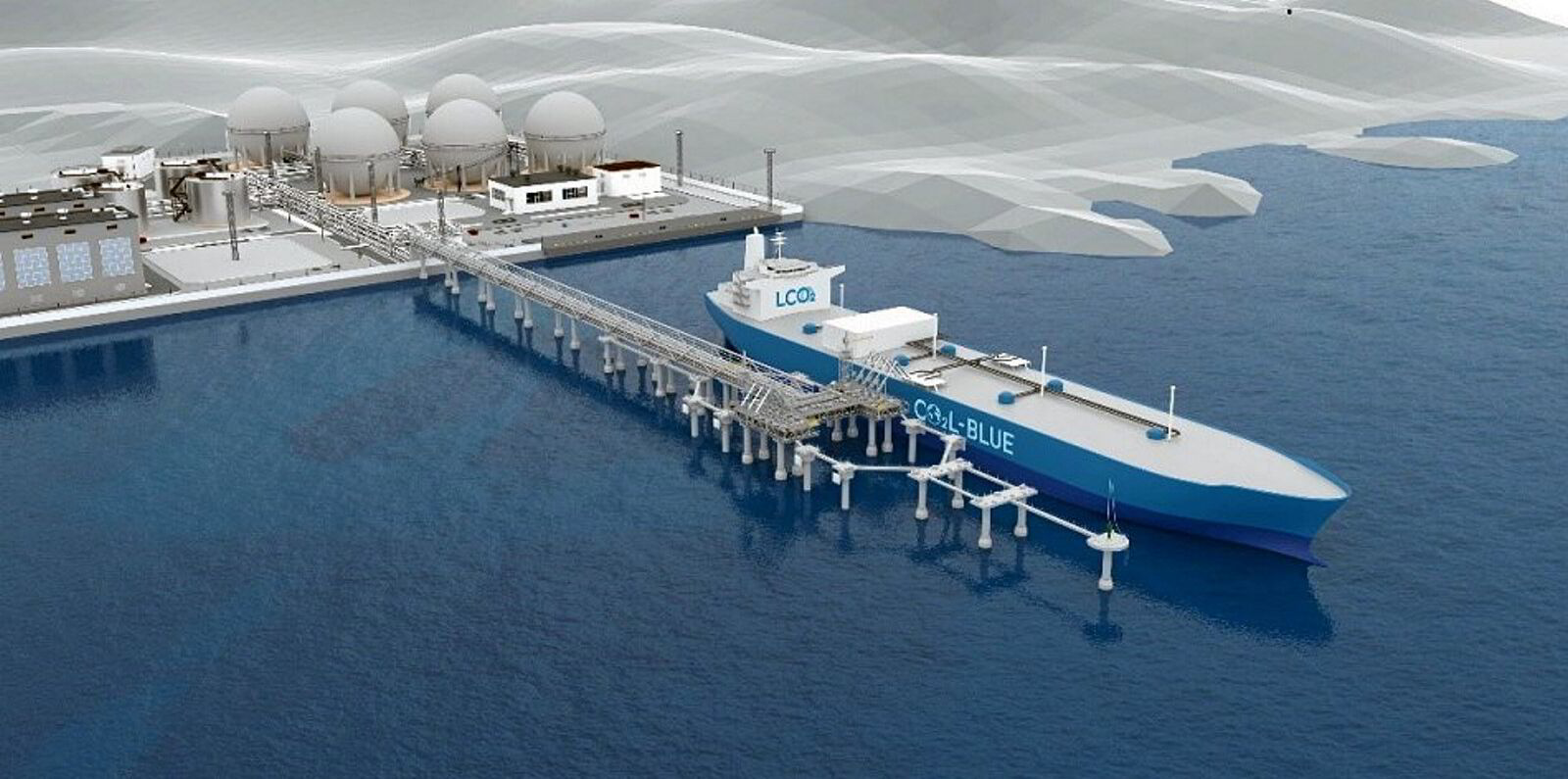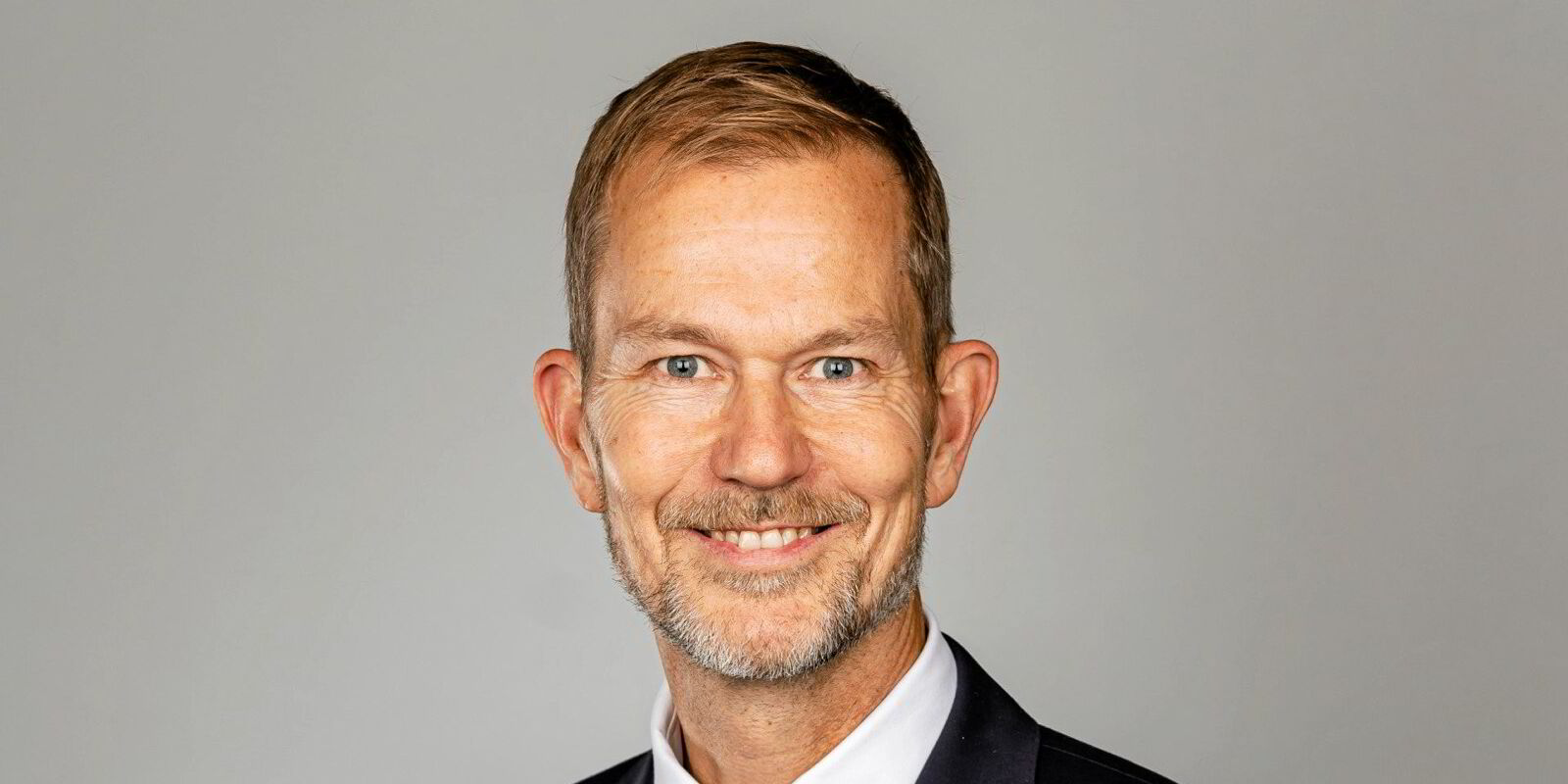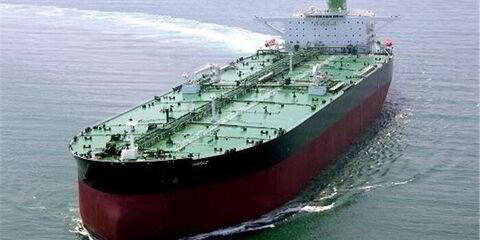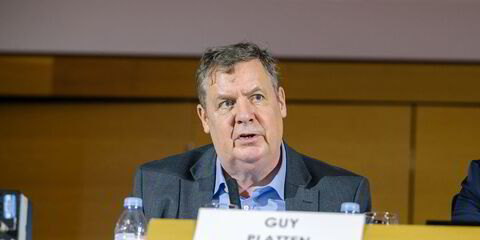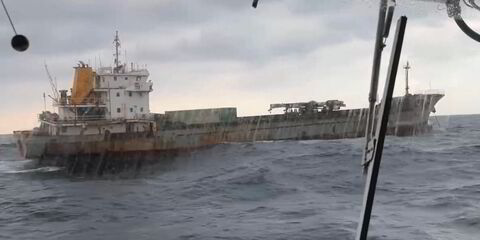Shipowners Mitsui OSK Lines, K Line and NYK have partnered with shipbuilders and engineering firms Mitsubishi, Imabari, Japan Marine United and Nihon Shipyard to work on specifications and designs for vessels capable of carrying liquid CO2.
Demand for LCO2 carriers is expected to grow in various carbon capture and storage projects in Japan, according to the project partners.
“It is necessary to build and supply LCO2 carriers stably within Japan to realise the CCS value chain and improve economic efficiency,” they said.
The study will focus on creating a standard design by 2028 for construction at the yards of the shipbuilders in the project as well as other yards in Japan.
The companies will also work with other maritime businesses in the country “that share the same awareness of the issues, to contribute to the further progress of a decarbonised society by developing low emission ships using decarbonisation technologies, such as ammonia fuel”.
The partners have already been working on other CO2 transportation projects.
In 2023, Mitsubishi and NYK collaborated on a CO2 and ammonia vessel design, securing approval in principle from Japanese class society ClassNK.
MOL has been working with one of Japan’s leading energy producers, Kansai Electric Power Company since 2022 on a CCS value chain.
MOL has also signed a memorandum of understanding with Bahrain’s Bapco, where MOL would be shipping the CO2 and Bapco providing the sequestration sites.
Similarly, NYK and Malaysian energy group Pertamina agreed a CO2 transportation plan earlier this year (Copyright)

